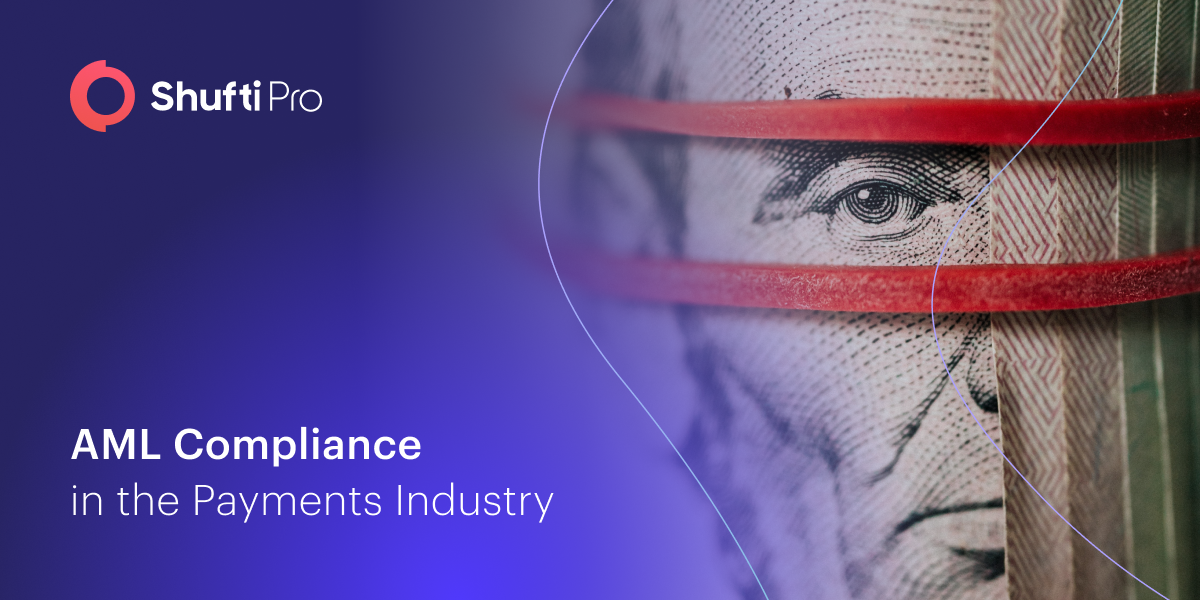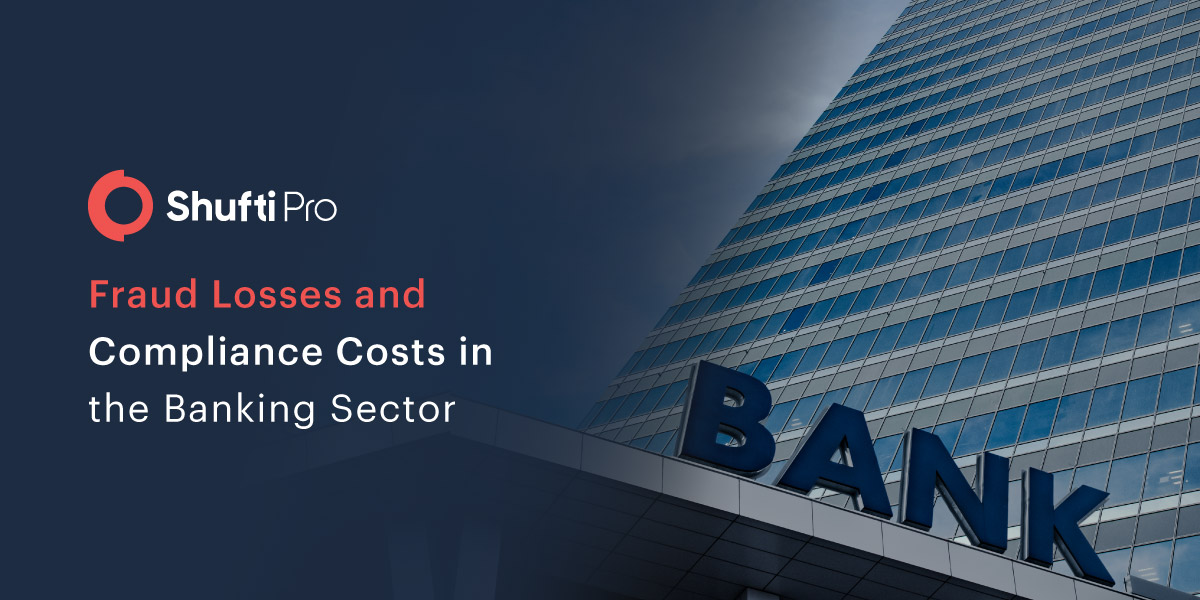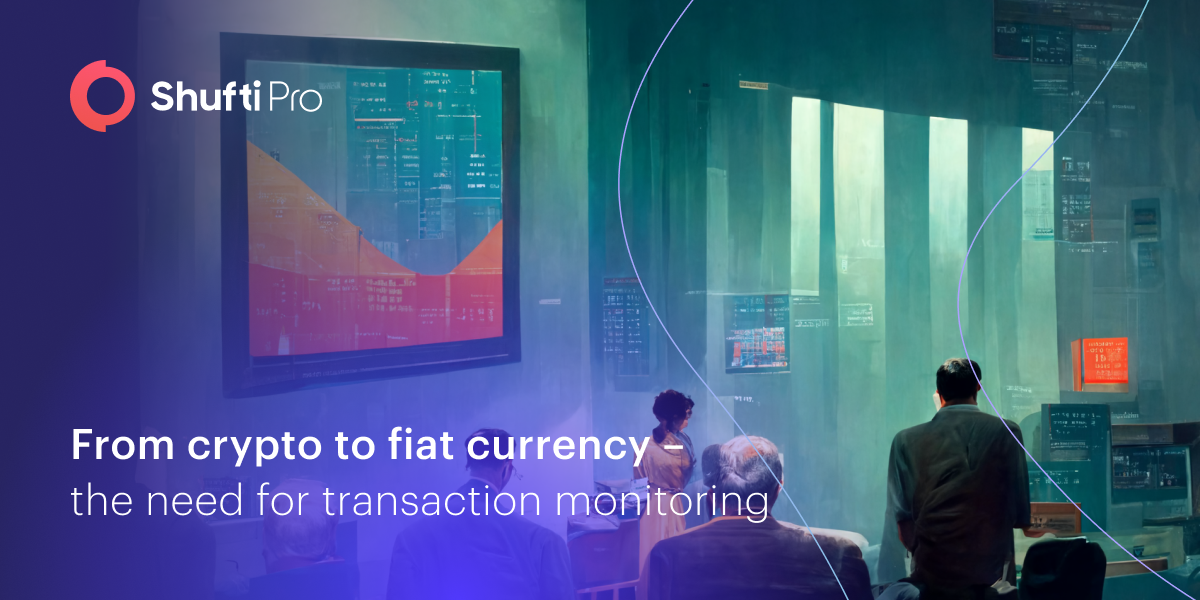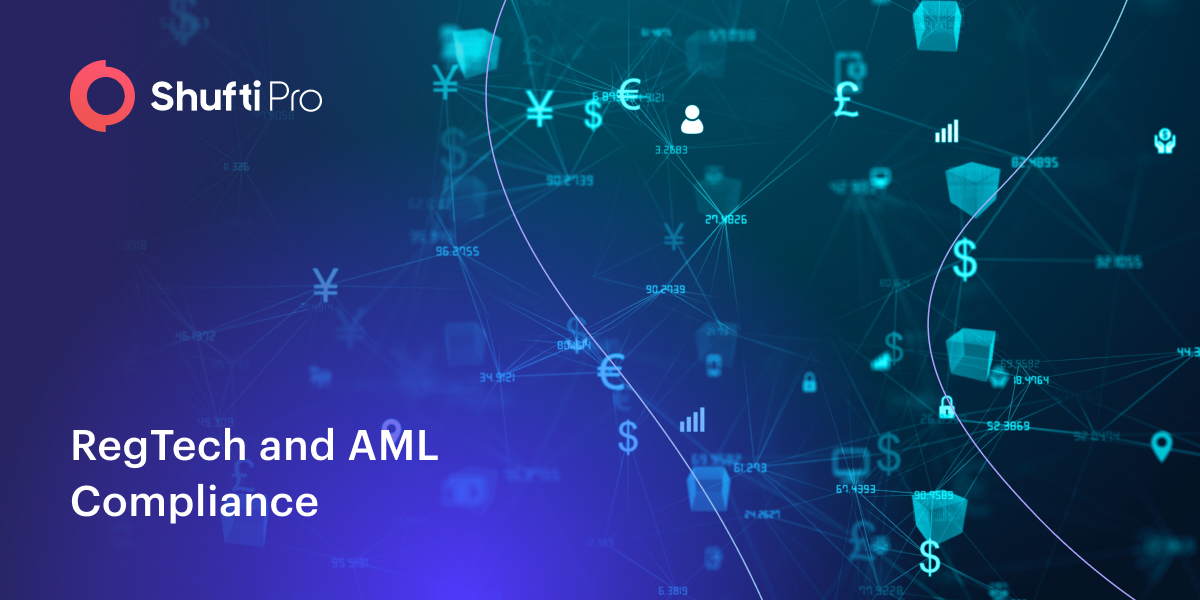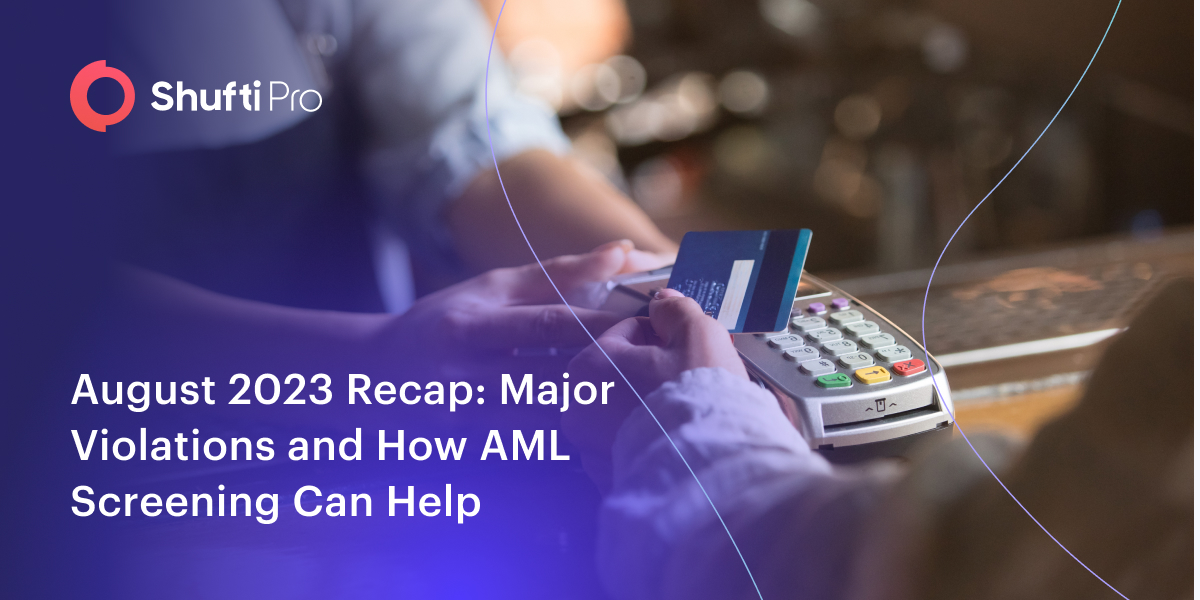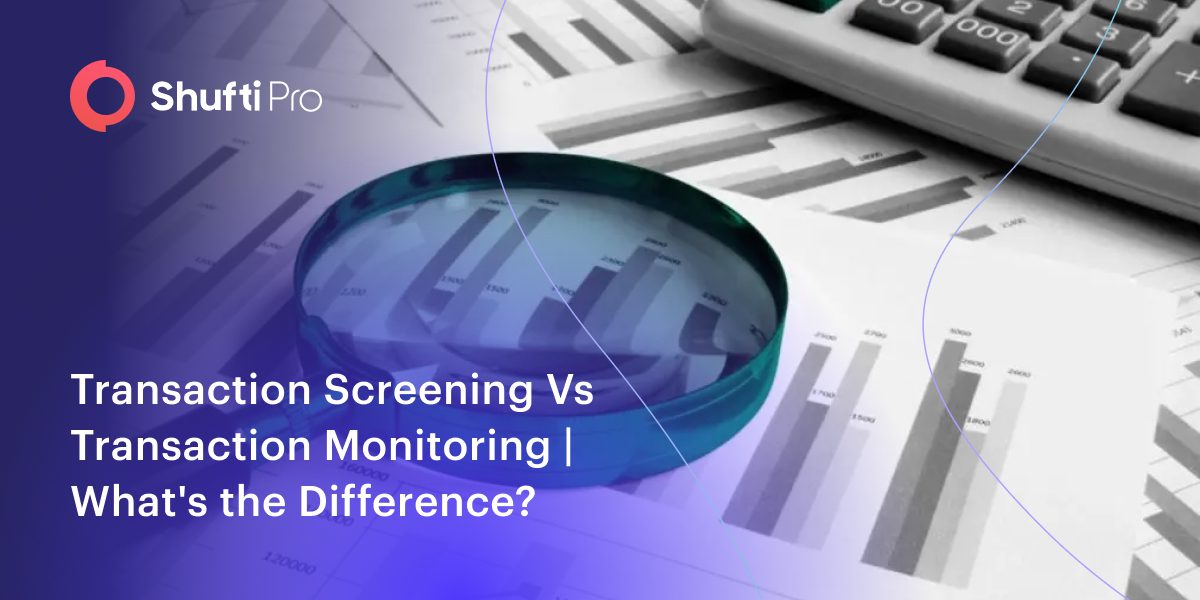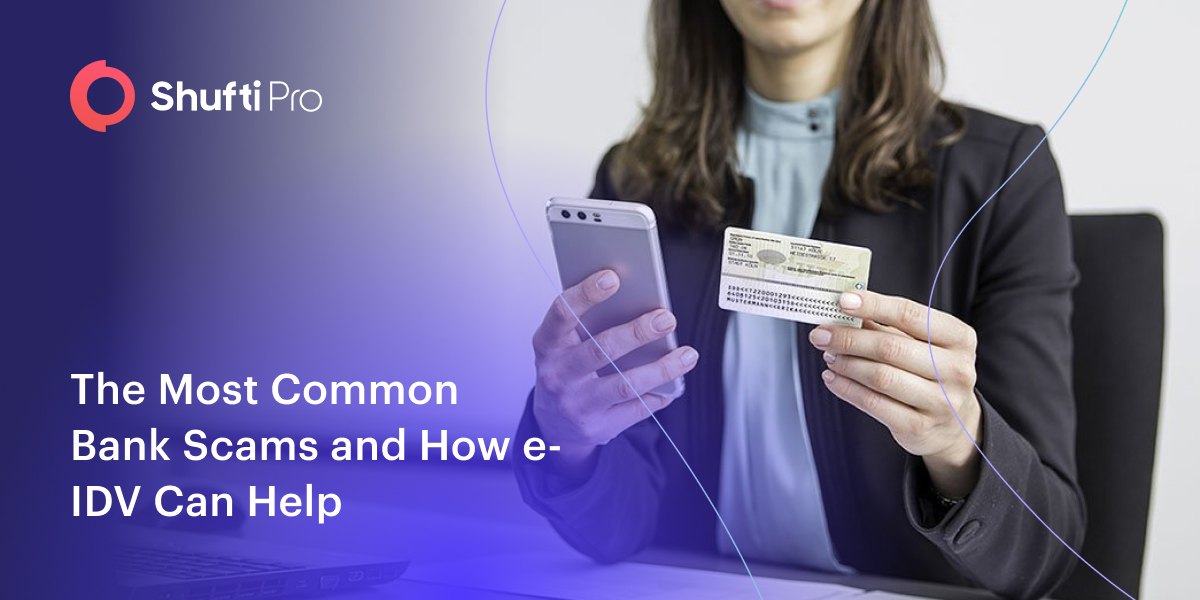A Detailed Insight into the Best Practices for Digital Currency Providers

The world has seen an overwhelming rate of development in the cryptocurrency sector with Centralized Digital Currencies (CBDCs) and Non-Fungible Tokens (NFTs). Since its inception, blockchain has provided a certain level of anonymity by keeping all operations private. With unpredictable trends and continuously developing benchmarks for virtual asset service providers (VASPs), it is not an easy job for regulators to establish a set of rules or best practices.
The mass adoption of digital assets both privately and on government levels has attracted the attention of fraudulent entities. As a result, legislators are left with no choice but to fill in the loopholes using KYC (Know Your Customer) compliance regulations.
What Makes Crypto Vulnerable to Financial Crime?
Illicit crimes like money laundering and terrorism financing are proving to be a real risk for businesses and financial institutions dealing in digital currencies. A record-breaking amount of $14 billion was lost to cryptocurrency-based scams in 2021. This huge loss has urged prominent cryptocurrency trading platforms to incorporate KYC measures and formulate their policies accordingly. Coinbase and Binance are two of the leading crypto platforms in the world and have introduced stringent KYC compliance measures in order to adhere to the international KYC/AML standards.
With crypto platforms formulating new rules to prevent financial crime, fraudsters are getting more and more sophisticated. To add to the misery, approved accounts are now being sold on black markets for small amounts of money. Criminal entities find it easier to spend between $150 and $500 to buy vetted accounts on the black market and then capitalize on the anonymity provided by crypto exchanges to steal much bigger amounts. KYC compliance measures implemented by major crypto market players require registration by providing government-issued ID documents along with a selfie for identity verification.
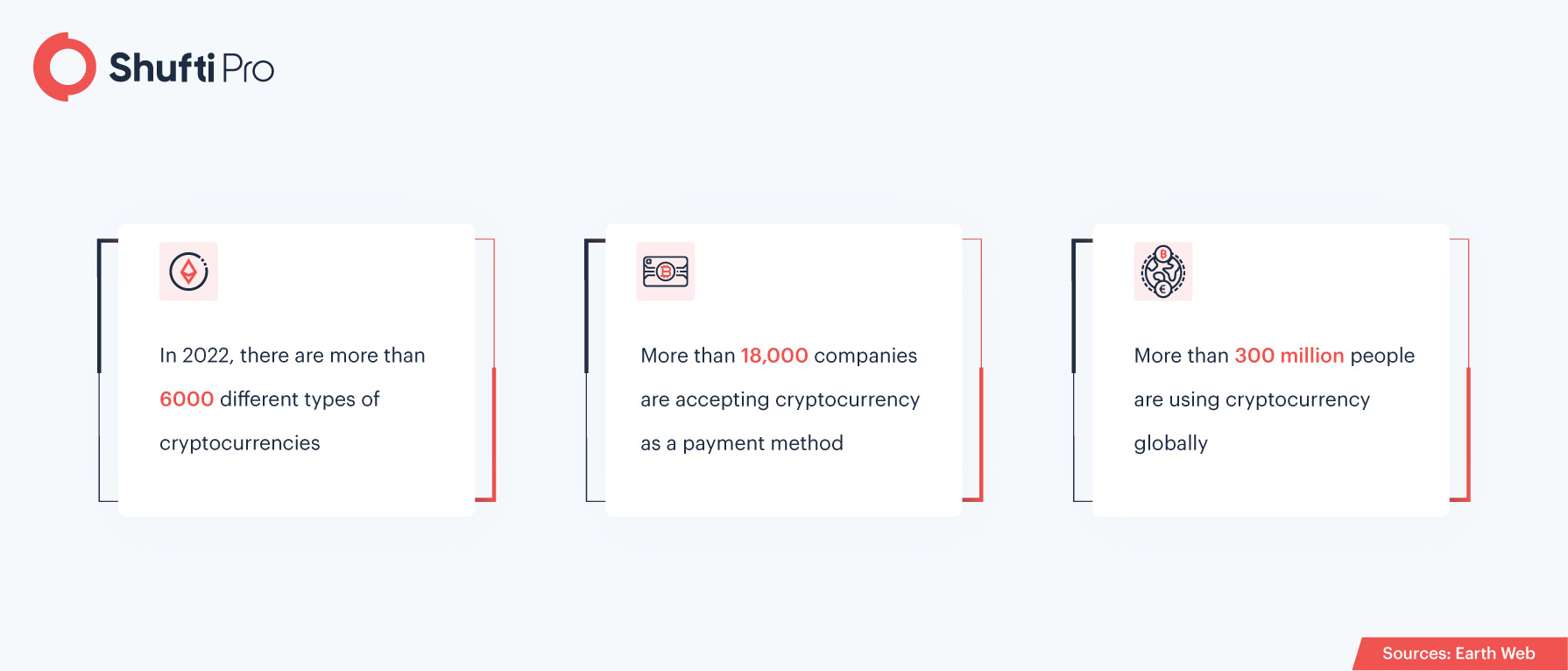
That being said, purchasing pre-verified accounts on the black market enables fraudsters to use fake names, addresses, and identity documents to their advantage. According to a study by CoinDesk, many such accounts were bought for prices ranging from US$170 to $250. The accounts were created on digital crypto exchange platforms like Coinbase Pro, Binance US, or Kraken, as well as payment services Wirex and Cash App.
Criminal Tactics to Overcome Verification Checks
The majority of the crypto platforms showed that the personally identifiable information of real citizens of the United States and European countries were used in these fake accounts along with specific choices of VPN networks in the account information. The login and passwords for the email addresses used in the exchange accounts were linked with Google Voice numbers. The research also found out that there were specific behavioral patterns associated with the particular location of the victim. These patterns were seen in transaction amounts that varied from place to place.
Experts draw the conclusion that some crypto buyers might have shared their access to crypto wallets on exchanges with other people, hence increasing the chances of bypassing verification checks. Even in the best case, it’s not just the verified accounts that are sold on the black market – a cybersecurity firm also found that upto 15 billion different credentials for accounts are currently being sold on the black market for promoting illicit activities.
The major risks to crypto trading platforms come from numerous reports of such fraudulent activities. In response, several regulatory authorities like the US Office of Foreign Assets Control (OFAC) have already issued fines to big crypto exchanges like BitGo for failures in reporting suspicious activities that led to money laundering cases.
The crypto trading platform had intentionally or unintentionally given access to its services to customers from Iran, Sudan, Cuba, Syria, and North Korea, which are high-risk jurisdictions. BitPay is also among the exchange platforms that were fined and had to pay US$507,375 to settle its liability in a similar case.
The OFAC also carried out an investigation of the giant crypto player Coinbase, where purposely revealed violations were made to bypass big fines and sanctions.
Anonymity in crypto transactions that are carried out on peer-to-peer marketplaces or Bitcoin ATMs empowers individuals with the tools to bypass KYC verification checks. As disclosure or verification of identity is not a requirement in these transactions, a major loophole still needs to be addressed.
The Importance of Enhanced Due Diligence (EDD)
According to cryptocurrency industry experts, customer onboarding in digital currency exchanges needs to have robust enhanced due diligence processes just like traditional financial institutions. Although there is always the debate regarding seamless onboarding where the customers’ convenience is the top priority, most crypto trading platforms are now opting for a more secure digital environment.
Based on recent studies, simplified due diligence processes are simply not good enough when it comes to onboarding customers through an online platform. Compared to the traditional financial system, the crypto industry has a higher priority of customer due diligence (CDD) and transaction monitoring according to 65% of the industry experts.
Lack of Risk Assessment
According to the sources, 61% of the entities said they experienced that financial crime risk is growing at a higher pace than the product they offer. On another hand, some participants stated that they were not risking assessing the cryptocurrency they support despite the US Treasury and FinCen taking legal actions against the crypt service providers that fail to conduct risk assessments.
As financial crimes, as well as cybercriminals, are becoming more sophisticated simply checking the traceability of the digital currency, whether it is covered under the company’s transaction monitoring system or through a third-party vendor, a risk-based approach is only considered viable as it holds enough potential to determine the high-risk.
How Shufti’s IDV Solution Helps
The significant spike in the financial crimes associated with cryptocurrencies is becoming a global concern. Due to this, the digital crypto money market is getting subject to anti-money laundering and know your customer regulations. Therefore, verifying the true identities of investors is considered crucial in both terms, the legit customers get on board, and the risk of crimes is reduced to none.
Shufti’s state-of-the-art identity verification services allow cryptocurrency exchanges and platforms to determine and authenticate the customers in real-time before getting them on board. Moreover, gathering Personal Identifiable Information (PII) also helps to increase transparency and trustworthiness that helps in establishing long-lasting business relationships.
Want to learn more about our KYC verification solution for your crypto exchange platform?












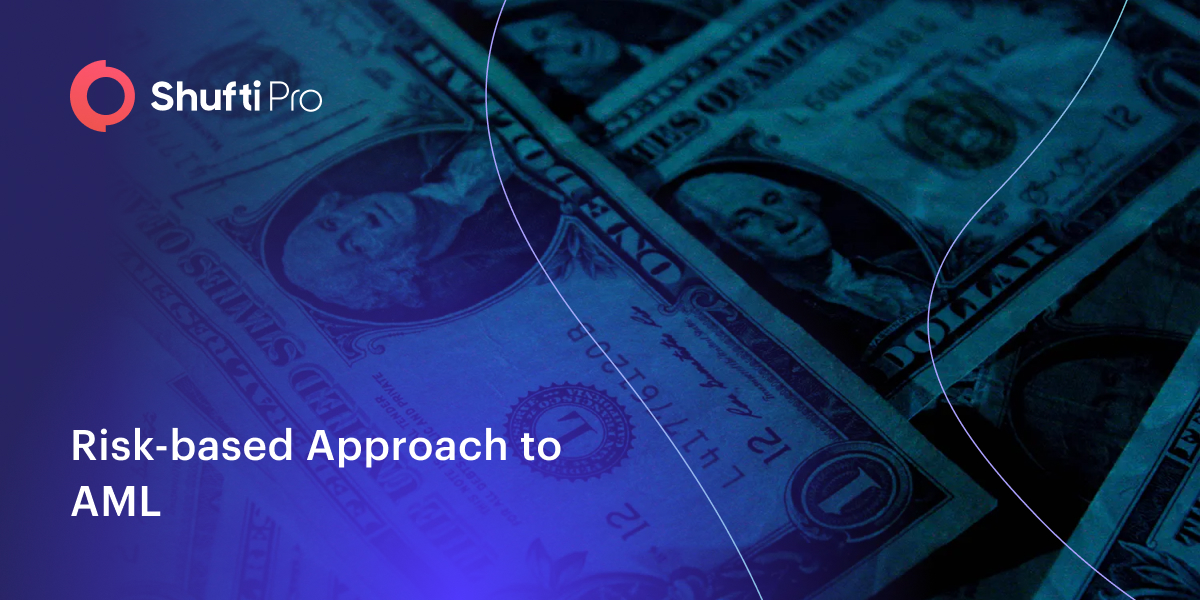


![A Brief Overview of the RegTech Industry [2022 Update] A Brief Overview of the RegTech Industry [2022 Update]](https://shuftipro.com/wp-content/uploads/Regtech.png)




